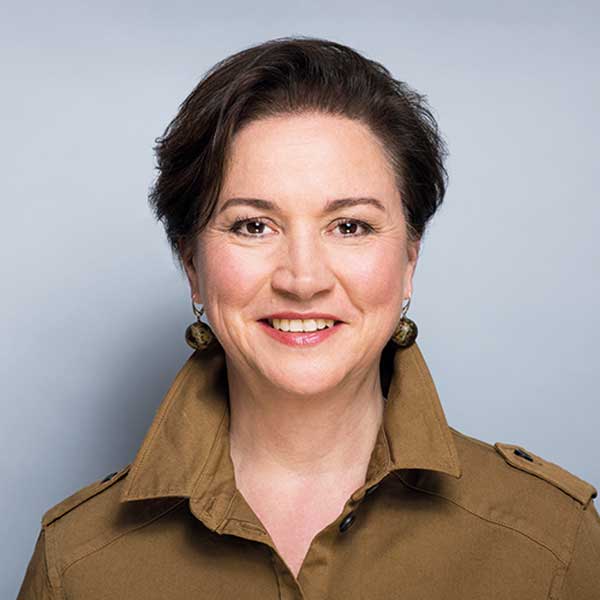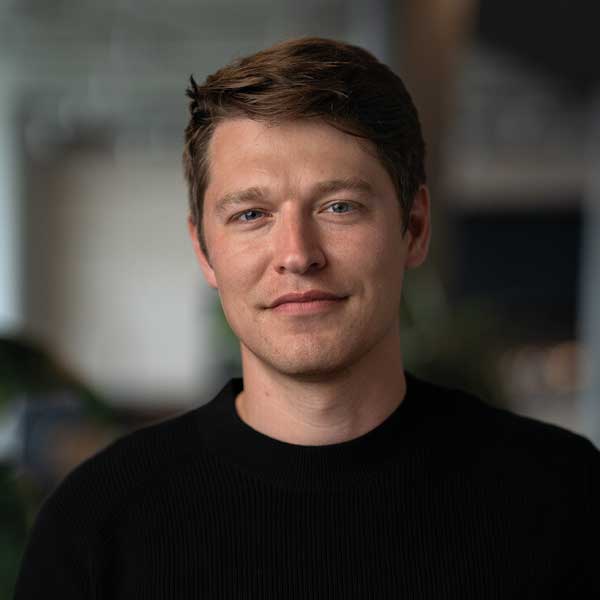Building Europe’s Future Innovation Hub
Berlin’s startup ecosystem has long been known for its creativity, risk-taking and international openness. What began as a city of cultural experimentation and entrepreneurial underdogs has matured into the third-largest startup hub in Europe behind London and Paris (Startup Blink 2025).
Two of Berlin’s long-term ecosystem builders are working closely together to support this next phase of development: the VBKI (Verein Berliner Kaufleute und Industrieller, or Association of Berlin Merchants and Industrialists), which is one of the city’s most influential business associations, and Urban Impact, a transformation agency focused on urban innovation. VBKI champions the city as an economic hub for business and industry, and Urban Impact supports Berlin’s development as a smart city and global model for sustainable urban growth.
Jonas Schorr, CEO and founder of Urban Impact, highlights how of the past 15 years, Berlin has developed into one of the EU’s most mature startup ecosystems and a vibrant venture capital ecosystem too. “As we are literally reinventing our economic model to a more distributed, circular, renewable and regenerative economy and society, there isn’t a more forward-looking place than Berlin to do climate and impact innovation and investment.”
Berlin’s role in Europe
“Over the past decade, Berlin has transformed from a ‘startup underdog’ into an integral part of Europe’s innovation ecosystem,” says Ute Weiland, managing director of VBKI. “The city has proven that it not only provides space for creative ideas but can also build the structures needed to bring those ideas to market. Today, Berlin is a strategic co-creator of Europe’s innovation agenda. Here, international talent meets a deeply embedded network of business, civil society and science. It’s a network that VBKI has been actively building and nurturing for years.”
Shaping the next phase of growth
Berlin’s ecosystem is increasingly defined by high-growth, future-oriented sectors. Healthtech, sustainable mobility, urban tech and public sector modernization all stand out as core priorities. Ute also sees special potential in quantum technologies: “With world-class research institutions, specialized startups and strong collaboration between science and industry, a highly reputable cluster is emerging. VBKI sees tremendous potential for technological breakthroughs, new business models and the creation of high‑quality jobs.”
At the same time, the city is pushing smart city development and integrating digitalization, citizen participation and resource efficiency into urban planning. This is where Urban Impact’s international outlook and methodological expertise have become particularly relevant. Urban Impact supports Berlin in linking local initiatives to global innovation practices, while VBKI ensures that business, civil society and political actors stay engaged at the local level. “Berlin is probably the world’s epicenter of smart city and urban innovation solutions,” Jonas says. “When we founded Urban Impact more than five years ago, we counted around one hundred such startups and initiatives; now it’s over five hundred.
“Come to Berlin, because this is where most of the action is happening in Europe. Berlin is already the capital for impact innovation, and there’s a rich network of like-minded innovators. You can become
a part of this future.”
— Jonas Schorr, Urban Impact
Collaboration as a catalyst
A functioning innovation ecosystem depends on effective collaboration between startups, corporations and public institutions. Germany has often been criticized for its bureaucratic challenges, especially regarding digital citizen services and a lack of user-centric public administration, but there are clear signs of progress.
“Collaboration between startups and public institutions is becoming increasingly purposeful,” says Ute. “VBKI contributes by offering its networks and facilitation skills, particularly through future forums and dialogue formats where startups can engage directly with government, policymakers and established companies on equal footing.”
Such cooperation is even more critical in regulated sectors like energy, health or mobility. According to VBKI, structured partnerships, mentoring programs and shared innovation platforms create the conditions for startups to succeed while leveraging corporate scale and experience.
Ute emphasizes the city’s concern in building a more founder-friendly environment: “Berlin’s administrative reform, in which VBKI has contributed conceptually, is progressing well and promises real changes in how business and government interact. For founders, this means fewer hurdles, greater transparency and a more modern, responsive administration.”
Building on this momentum, the Berlin Future Hub, developed by Urban Impact with support from the Berlin Senate, adds an international dimension to collaboration. As both a storytelling platform and a connector, it highlights Berlin’s impact-driven initiatives in sustainability and urban innovation while linking the local ecosystem to global partners through salons, workshops and testbeds.
Looking forward
As Berlin’s ecosystem continues to expand, both VBKI and Urban Impact see their roles as bridge-builders. And for international founders considering the city, the message is clear. “Berlin offers an extraordinarily dynamic ecosystem: diverse, international and open to bold ideas,” Ute says. “With VBKI, founders gain access to a powerful network of partners and decision-makers. Berlin not only gives you space to grow but also connects you with the allies who can help turn your ideas into real-world impact. If we can harness the innovative strength coming from science and research and combine it with Berlin’s entrepreneurial spirit, we’ll create an innovation climate that is truly unique in Europe.”
“Come to Berlin,” says Jonas, “because this is where most of the action is happening in Europe. Berlin is already the capital for impact innovation, and there’s a rich network of like-minded innovators. You can become a part of this future.” Currently, Berlin’s business community is actively promoting the city to host the 2035 World Expo, aiming to showcase sustainable and regenerative urban development as a model for the world. “What gives me the most hope,” says Ute,” is that Berlin isn’t just renewing itself through ideas, but through concrete reforms.”




